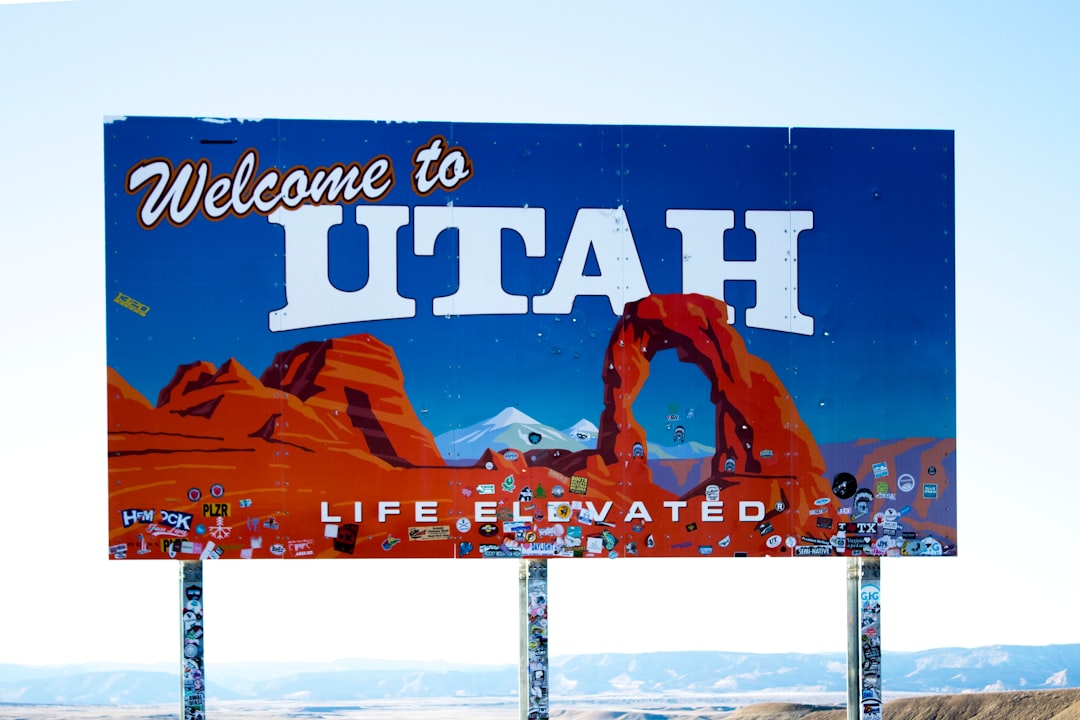Autodialers have revolutionized debt collection in Utah, empowering attorneys by automating phone calls and using algorithms to connect creditors with debtors efficiently. This technology streamlines caseloads, enhances communication, and potentially improves recovery rates. However, it must adhere to strict regulations like the Telephone Consumer Protection Act (TCPA) and state-specific rules. In Utah's competitive legal market, autodialer attorneys are essential for navigating these guidelines, ensuring fair practices, and maintaining professionalism in debt collection processes.
In Utah, the debt collection industry relies heavily on technology, with autodialers playing a pivotal role. This innovative tool facilitates efficient communication, reaching debtors promptly through automated phone calls. However, its implementation comes with legal considerations, particularly regarding consumer privacy and protection laws. This article explores the impact of autodialers in Utah’s debt collection landscape, delving into the technology, legal aspects, industry influence, and ethical guidelines for responsible usage, emphasizing the importance of an autodialer attorney in Utah for navigation.
Understanding Autodialers: The Technology Behind Debt Collection

Autodialers, a sophisticated technology, have become an integral part of Utah’s debt collection industry. These innovative systems utilize automated phone calls to efficiently connect creditors with debtors, streamlining the collection process. By employing algorithms and databases, autodialers can make numerous calls in a short span, ensuring that debtors receive timely notifications about their outstanding debts.
This technology is particularly valuable for attorneys in Utah who specialize in debt collection cases. With an autodialer’s help, they can effectively manage large caseloads, improve communication with clients and debtors, and potentially enhance recovery rates. The system’s ability to personalize messages and handle a high volume of calls makes it a powerful tool in the legal profession, particularly when navigating Utah’s unique regulatory environment for debt collection practices.
Legal Considerations for Autodialer Use in Utah

In Utah, the use of autodialers in debt collection is subject to various legal considerations. The state’s regulations regarding telemarketing and automated calls provide a framework for their acceptable use. According to Utah law, businesses must obtain prior consent from consumers before initiating automated phone calls, ensuring compliance with the Telephone Consumer Protection Act (TCPA). This means that individuals or companies employing autodialers as part of their debt collection processes must have valid, informed consent from the debtors they contact.
An important aspect for autodialer attorneys in Utah is navigating the TCPA’s rules and exceptions to ensure fair practices. Businesses should also be aware of state-specific regulations, such as Utah’s requirements for do-not-call lists and the disclosure of automated calls’ purpose. Proper documentation of consumer consent and adherence to these legal guidelines are crucial to avoid potential lawsuits or penalties for abusive telemarketing practices.
The Impact of Autodialers on Utah's Debt Collection Industry

In Utah, as in many states, the debt collection industry heavily relies on efficient communication tools to stay competitive. One such game-changer is the use of autodialers. These innovative technologies enable debt collection agencies and attorneys in Utah to automate phone calls, reaching a large number of debtors promptly and cost-effectively. The impact is significant; it enhances their ability to recover debts, ensuring timely notifications and increasing response rates.
Autodialers streamline the process of connecting with debtors, allowing for personalized interactions at scale. This method has become particularly crucial in Utah’s fast-paced legal landscape, where quick communication can make a substantial difference in case outcomes. With the right autodialer system, attorneys and collection agencies can effectively manage their workload, adapt to evolving regulations, and maintain high standards of professionalism while reaching out to clients or debtors across the state.
Best Practices and Ethical Guidelines for Using Autodialers in Utah

In Utah, where consumer protection laws are stringent, the use of autodialers in debt collection practices requires adherence to specific best practices and ethical guidelines. These include ensuring that all automated calls comply with the Telephone Consumer Protection Act (TCPA) by obtaining prior express consent from debtors. Autodialer attorneys in Utah play a vital role in navigating these regulations, advising debt collection agencies on permitted call times, frequency limits, and the use of prerecorded messages to avoid consumer annoyance or harassment.
Additionally, ethical guidelines emphasize transparency and privacy protection. Debt collectors should clearly identify themselves and their company during calls and provide an easy mechanism for debtors to opt-out of future automated communications. Autodialer usage should also be monitored to prevent abusive practices, such as excessive calling or using deceptive language, which could result in legal repercussions. Adhering to these standards ensures a fair and respectful debt collection process while safeguarding the rights of Utah consumers.






